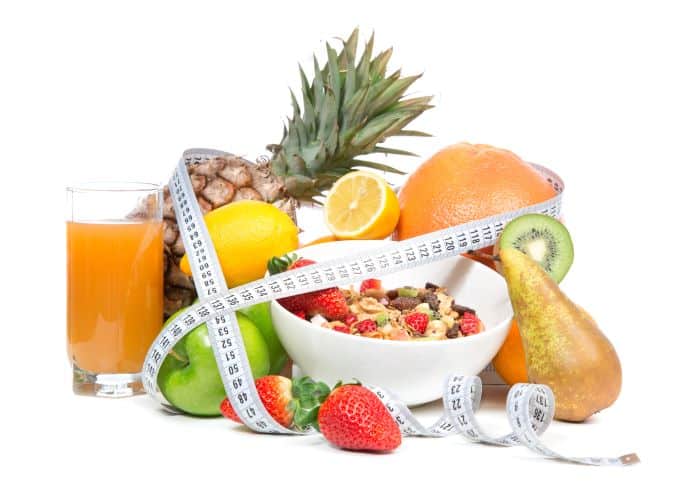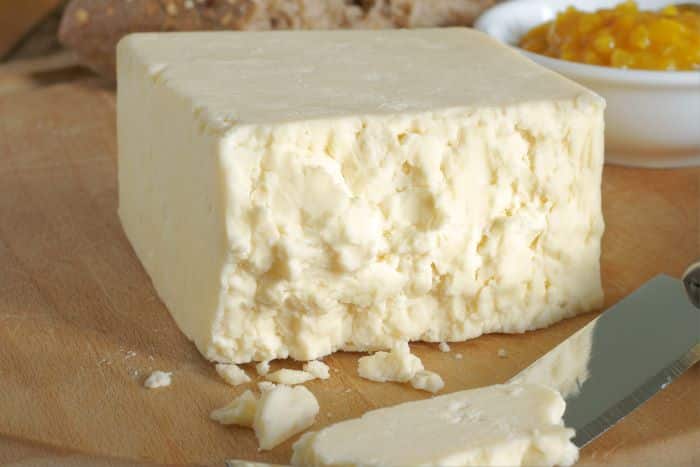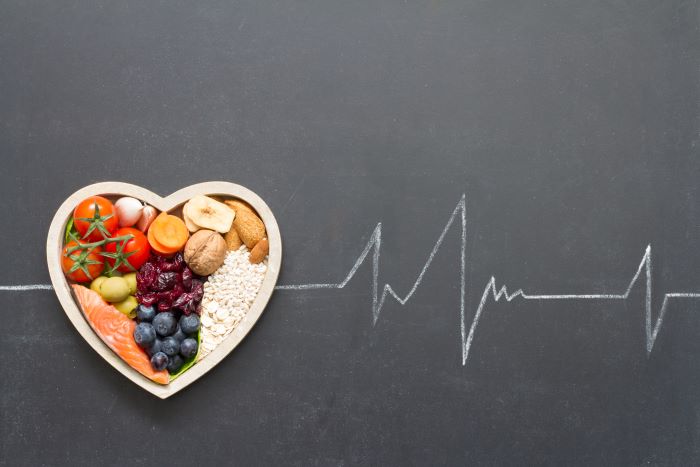
Top 5 Weight Loss Diet food Myths and Facts
Knowing the various weight loss diet food myths and facts is the only way one can lead a healthy lifestyle. We have debunked most of the myths.

Knowing the various weight loss diet food myths and facts is the only way one can lead a healthy lifestyle. We have debunked most of the myths.

Dieting is becoming an important aspect of society amid the fight against lifestyle diseases. Nevertheless, many vegan food myths are cropping up as more people transition to plant-based diets.

There is no doubt that intermittent fasting can help one lose some pounds. However, it is not a quick fix. Additionally, there are various things that one should keep in mind.

The benefits of eating one meal daily are not restricted to weight. There are a myriad of rewards, including enjoying good health.

Endangered foods are traditional foods that are at risk of extinction. These foods have played an important role in communities’ cultural and culinary heritage. However, as the demand for food increased, many unique and delicious foods started becoming extinct. In the UK, several foods are particularly at risk, and we must take action to preserve them for future generations. This article will explore the seven foods the UK urgently needs to save. In no order of importance, we have discussed them.

Collagen is the newest internet craze, with videos showing people adding collagen powder to various foods and drinks. Fortunately, it is a trend that experts agree with. Dr Mark Hyman, the functional medicine expert from Cleveland Clinic and the author of food fix, has called collagen a magical ingredient.

The many effects of refined sugar continue to fuel the debate about which is better: stevia, jaggery, or honey? Before you switch to either, you need to educate yourself to debunk many of the myths involved.

Changing your diet can help improve your heart health. Various health organizations, including the American Heart Association, advice on dietary changes to improve heart health. These changes could reduce cholesterol intake, thus preventing cardiovascular illnesses such as hypertension.

Water accounts for 60% of the total body weight. Do you drink enough water if you constantly feel sick, fatigued, and struggle with bad breath?

Saliva changes the flavor of food; yes, it can. Have you ever wondered why food tastes different when you’re eating it then when you’re just smelling it? The answer lies in your saliva. Saliva plays a crucial role in the way we experience flavor. It not only helps to moisten and soften food but also contains enzymes that break down carbohydrates, proteins, and fats, changing the taste of food.
Subscribe to our newsletter to keep up with our news!